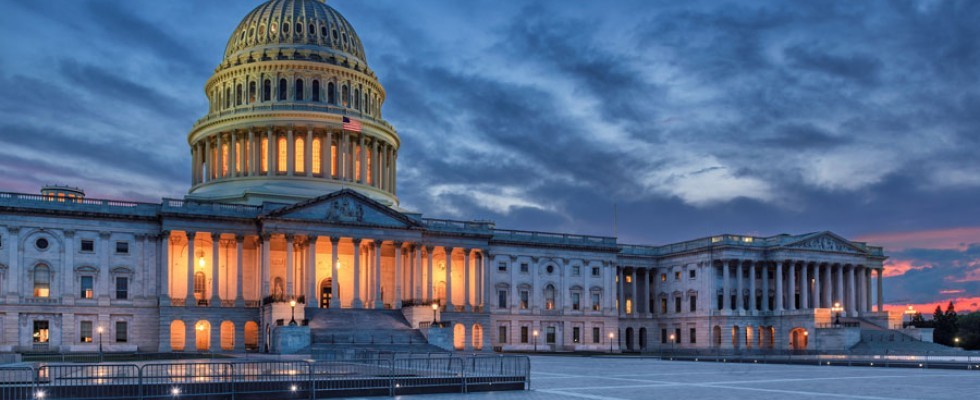
The COVID-19 pandemic highlighted the urgent need to ensure that all Americans can receive quality, long-term care in the setting that best meets their needs and preferences. Most Americans would prefer to receive services and supports at home. Today, more than 3.5 million older adults and people with disabilities receive Medicaid home- and community-based services (HCBS). Though all states provide coverage for some HCBS services, eligibility and benefit standards vary, leading to significant variations and gaps in coverage. Some states cap the number of individuals who may receive services, leaving almost 820,000 Americans on wait lists.
The Better Care Better Jobs Act seeks to remedy this issue. It would:
- Facilitate statewide planning to develop HCBS infrastructure improvement plans
- Enhance Medicaid funding for HCBS by providing states a permanent increase in federal Medicaid match if they expand access to HCBS and strengthen the HCBS workforce
- Incentivize workforce growth through innovative models that benefit direct care workers and care recipients and help workers organize
- Support quality and accountability by funding programs through the Centers for Medicare & Medicaid Services and conducting oversight and offering technical assistance to program coordinators
- Permanently authorize protection against impoverishment for individuals whose spouses received Medicaid HCBS, as well as permanently authorize the Money Follows the Person program to support individuals transitioning from institutions to home- or community-based settings
Building the Workforce
Workforce recruitment and retention are major issues for HCBS providers, and many providers say they cannot compete with other professions due to Medicaid reimbursement rates. To help with these problems, the Better Care Better Jobs Act would:
- Address HCBS payment rates to promote recruitment and retention of direct care workers
- Regularly update payment rates with public input
- Pass rate increases through to direct care workers to increase wages
- Update and develop training opportunities for this workforce as well as for family caregivers
Total Investment
The National Association for Home Care & Hospice estimates the act will inject roughly $150 billion into HCBS services. This includes $100 million for states to develop their Medicaid HCBS plans.
Status
The bill was introduced June 26, 2021, and at press time had 126 cosponsors in the House and 39 cosponsors in the Senate. Industry leaders expect it to pass as part of the budget reconciliation bill.
Track the bill at congress.gov.
